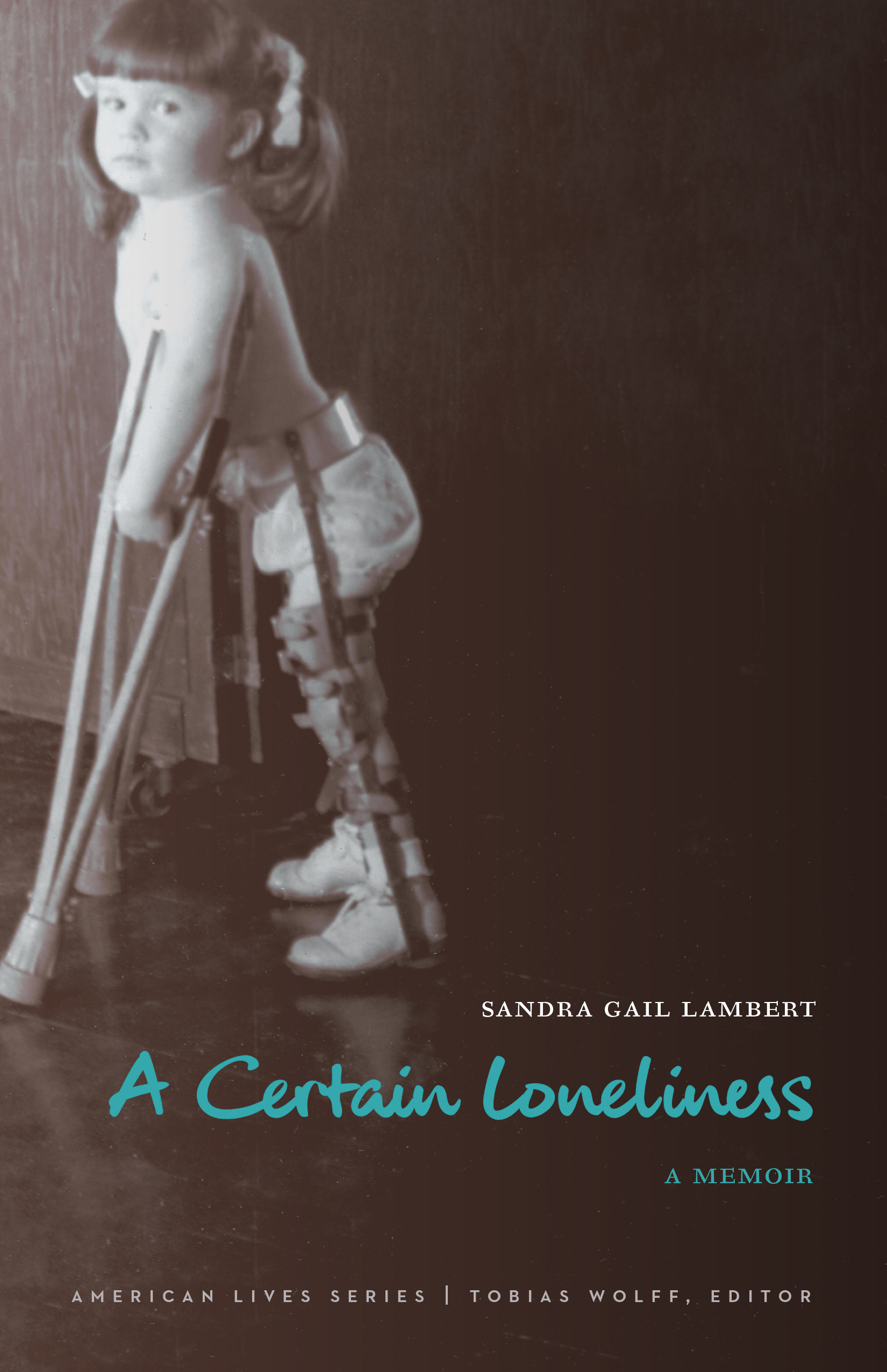What do you think?
Rate this book


210 pages, Paperback
First published September 1, 2018
“’My niece, poor thing – it’s a tragedy for her parents really.
She’s afflicted like you. It’s a miracle the way you do for yourself like this, and I’m going to tell them I saw you. It’ll give them a little hope. Now my brother’s wife, she’s a saint.’”
“The man who fitted my wheelchair, as he kneeled in front of me to check the length of my thighs, should his head, tsked, and told me that I should try not to become lazy. I grabbed the wheels and wondered if it would break his nose if I snapped the wheelchair forward.”
“Instead of the privacy of the narrow hallway, my mother instructed me to wrap the used pad in toilet paper and slip it to her in the kitchen. She was appalled when I tried, in front of my grandfather, father, and sister, to discreetly hand her something that was almost the size of a shoebox. I may have overdone the toilet paper.”